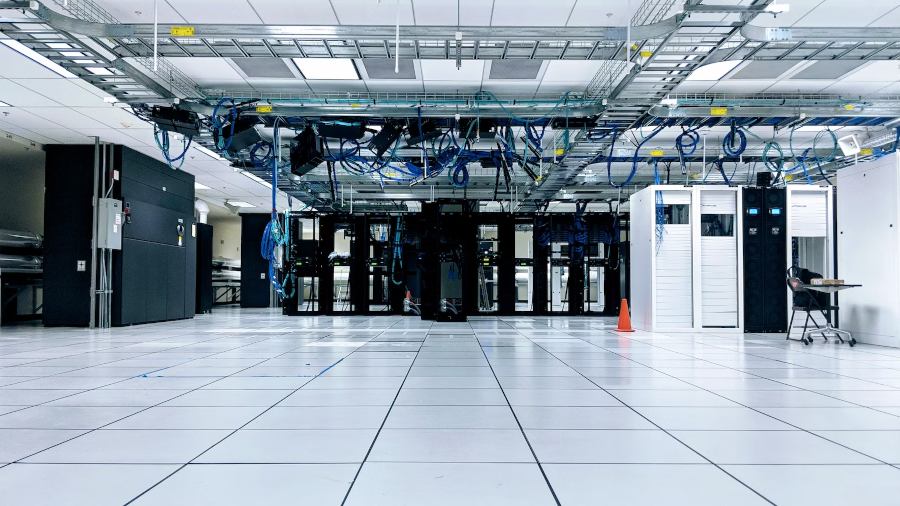As the cryptocurrency ecosystem expands, many individuals are drawn to the rewards of mining.
However, due to the growing difficulty in mining popular cryptocurrencies like Bitcoin, solo mining has become less viable for many. In response, crypto mining pools have emerged as a practical solution, enabling participants to pool their resources and collectively mine cryptocurrencies, sharing the rewards based on their contributions.
How Mining Pools Work
A crypto mining pool allows multiple miners to combine their computational resources to increase their chances of solving the cryptographic puzzles required to validate transactions on a blockchain. When a block is successfully mined, the reward is distributed among the participants in proportion to their contributed hashing power. This approach levels the playing field, allowing smaller miners to earn rewards consistently, even though they may not have the resources to mine independently.
Cryptocurrency mining pools typically require miners to join by connecting their mining hardware to the pool’s network. The pool then coordinates the mining process, distributing tasks to individual miners and ensuring efficient mining operations. The collaborative effort significantly increases the likelihood of successfully mining blocks, compared to working as a solo miner.
Mining Pool Benefits
Mining pools offer several advantages for miners, particularly those with limited resources:
- They provide consistent earnings, as miners receive a share of the rewards for every block the pool successfully mines. In contrast, solo miners might go long periods without earning rewards due to the high difficulty of mining individual blocks.
- Mining pools provide more predictable income streams. Since participants receive a proportional share of rewards, they can estimate their potential earnings based on the hashing power they contribute. This model attracts miners looking for steady, albeit smaller, returns rather than relying on the chance of earning large rewards through solo mining.
- Bitcoin mining pools are particularly popular among those looking to mine the most well-known cryptocurrency. These pools provide miners with the infrastructure to participate in mining without needing to manage all aspects of the process independently.
Mining Pool Risks
While mining pools present a range of benefits, participants must also be aware of the potential risks. Mining pool risks include the possibility of centralization. As larger pools dominate the network’s hash rate, they can wield significant influence over blockchain networks, potentially affecting their decentralization and security.
Another risk is pool operator integrity. Miners are reliant on the pool operator to fairly distribute rewards. If an operator engages in fraudulent activities or fails to distribute earnings as promised, miners could face significant financial losses. It’s crucial to choose reputable pools with a history of transparent operations to reduce this risk.
Also, there is the risk of market volatility. Mining rewards are tied to cryptocurrency prices, which can fluctuate. While participating in a mining pool may offer more consistent rewards, the value of those rewards is still subject to market forces.
Mining Pool Fees
Most cryptocurrency mining pools charge fees to cover operational costs, such as maintaining the infrastructure and facilitating payouts. These fees typically range from 1% to 3% of the rewards, though some pools offer a fee-free structure, relying on other income streams like donations or third-party advertisements.
Miners should compare the fee structures of various pools, as even small differences can impact long-term profitability. It’s also important to consider the pool’s reward distribution model. Some pools use a Pay-Per-Share (PPS) model, offering fixed payouts based on each miner’s contribution, while others adopt a Proportional model, distributing rewards based on the actual number of blocks mined by the pool.
Mining Pool Security
Security is a major concern when participating in mining pools. Mining pool security involves safeguarding the pool from attacks and ensuring the integrity of the reward distribution process. The best crypto mining pools operators implement robust security measures to protect against breaches and fraud.
In addition to technical security, mining pools should comply with regulatory frameworks to prevent illegal activities such as money laundering and criminal operations. To protect against these risks, pools should implement know-your-customer (KYC) policies, ensuring that participants are legitimate and not using the pool to launder funds or engage in illicit activities.
Crypto mining pools offer an accessible entry point for miners of all sizes, allowing them to participate in cryptocurrency mining without needing large-scale operations. Whether participating in Bitcoin mining pools or exploring alternatives, joining a pool can provide more consistent earnings compared to solo mining.









Leave a Comment